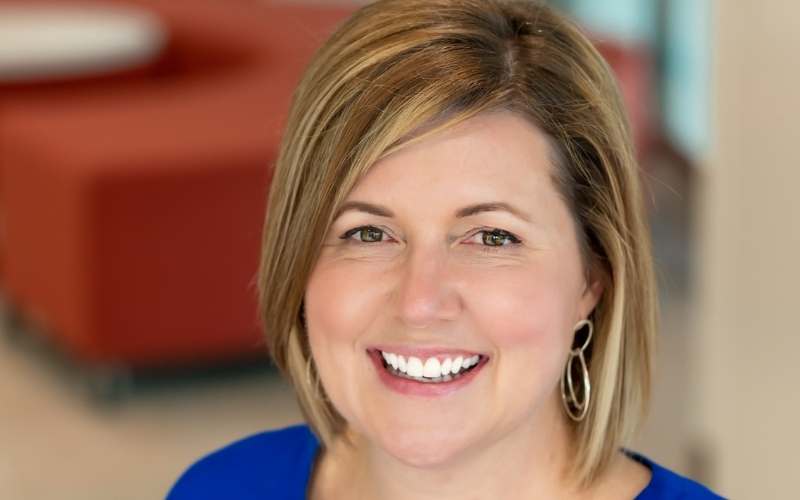Many CX leaders and executives have diverse backgrounds that encompass a variety of job roles across multiple industries. Such leaders have a deep understanding of how CX impacts or connects with all areas of the business. Mark Atterby, CXFocus Editor, speaks to one such CX leader, Jodie Fielding who is currently Chief Delivery Officer at Influx.
Jodie is also a Director at Humind. Humind is a CX design and consultancy collective, helping organisations to discover, design, and deliver experiences with the human in mind. This interview is part of a series of interviews where CX executives and leaders share the most important lessons from their careers.
Mark Atterby (MA): Please provide background to your career
Jodie Fielding (JF): I have quite a diverse career working in operations management, customer service, and then customer experience.
I started my career as an Environmental Engineer, which was my first qualification. As a result of that, I got into leading major change initiatives and projects The leadership opportunity that led to my first customer-orientated role was with BUPA (at the time MBF). I came into the organisation as a project manager on a major IT project and was recognised for my leadership and people management skills. That led to a number of opportunities at BUPA leading frontline and service teams.
From there I’ve worked in a range of different industries from health insurance to BPO, local and state government and IT as well as financial services and higher education. I have led major projects, service and sales operations and specialist customer experience functions. I have been very lucky to have such a diverse career from industries to roles, but the one constant has always been a passion to design and drive strategic change and find innovative ways to improve outcomes for people, both employees and customers.
MA: What is the most important lesson you have learnt during your career?
JF: I think the most important thing I have learnt in my career is the importance of staying close to your people and your customers, it supports you to drive successful outcomes as you grow, mature and transform your organisations CX and EX. I recognised as my career progressed, I tended to spend more time in board, executive and senior leadership meetings. They can consume your whole day. Without the focus and discipline, you are in danger of losing that vital connection that enables you to create empathy and understanding; two essential ingredients you need to deliver great customer and employee experiences.
You have to be more proactive and carve out the time to do it, but the value you get from those interactions is incredible. I find it reconnects me with purpose. So it’s sort of two fold benefit; as a leader I gain insight, understanding and empathy when I take the time to talk and listen to both customers and frontline teams, I gain understand from their perspective
and motivation to drive improvement. And the connection and understanding also supports me in influencing and generating a commitment to CX and EX change and transformation at the Executive level – bringing the customer and employee voice to the table. Both of these can support you to deliver sustainable improvement and outcomes.
MA: Was there a specific moment or event that made you realise this?
JF: I realised it when I first started running big customer service centres many years ago. It is so easy to look at the numbers and all the statistics and try to conclude what’s happening from a customer and team perspective. But I found what gave depth and insight into what was happening, was when I connected with the team and our customers directly, when I walked in their shoes, actively engaging and listening. Validating your data and performance numbers, with qualitative insight and perspective is really important.
It was early in my career I was leading service teams across a number of locations. I had a lot of teams in a lot of different cities, so I spent a lot of time travelling meeting with leaders and not a lot of time with the frontline teams or customers and I realised after several months how disconnected I was becoming from their experience. You can rely on your people to feed that up to you but getting it first-hand too is really important.
MA: What would you advise other CX leaders to do to stay connected with their people and customers?
JF: Understanding your data and seeing how trends are operating is really important, but you need to create an emotional connection to what’s happening. You need to carve out time to do that regularly. So if you’re seeing in your data and reports a trend where complaints are increasing, go listen to some complaint calls or make a few outbound calls to a customer who has taken the time to give your company feedback, and understand their perspective directly. It starts to charge you with connection and empathy- it takes the data and gives it depth. In my experience, this can help you lead and create better outcomes

